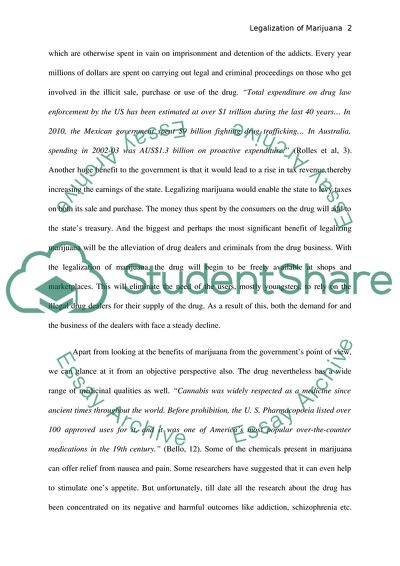Cite this document
(Is Frequent Marijuana Smoking Harmful to Health Assignment - 2, n.d.)
Is Frequent Marijuana Smoking Harmful to Health Assignment - 2. https://studentshare.org/sociology/1834167-research
Is Frequent Marijuana Smoking Harmful to Health Assignment - 2. https://studentshare.org/sociology/1834167-research
(Is Frequent Marijuana Smoking Harmful to Health Assignment - 2)
Is Frequent Marijuana Smoking Harmful to Health Assignment - 2. https://studentshare.org/sociology/1834167-research.
Is Frequent Marijuana Smoking Harmful to Health Assignment - 2. https://studentshare.org/sociology/1834167-research.
“Is Frequent Marijuana Smoking Harmful to Health Assignment - 2”. https://studentshare.org/sociology/1834167-research.


